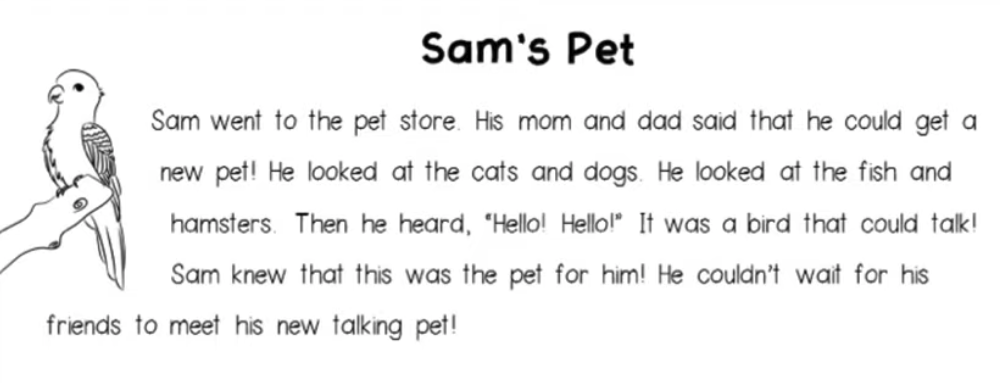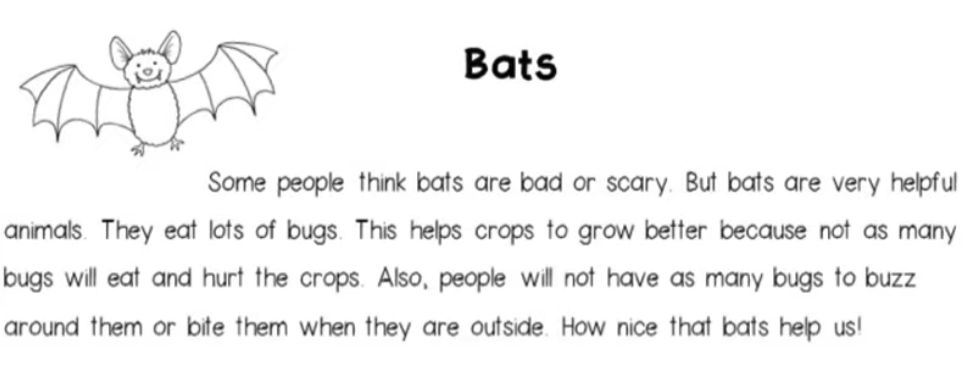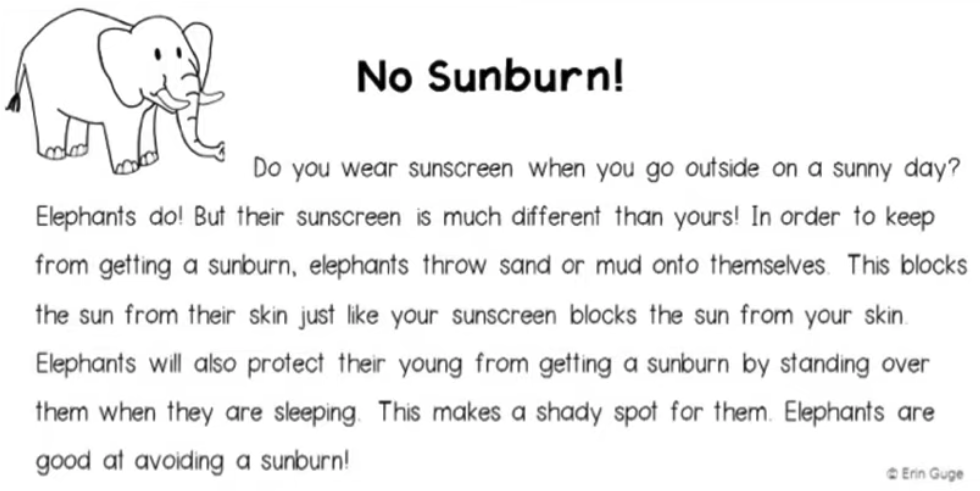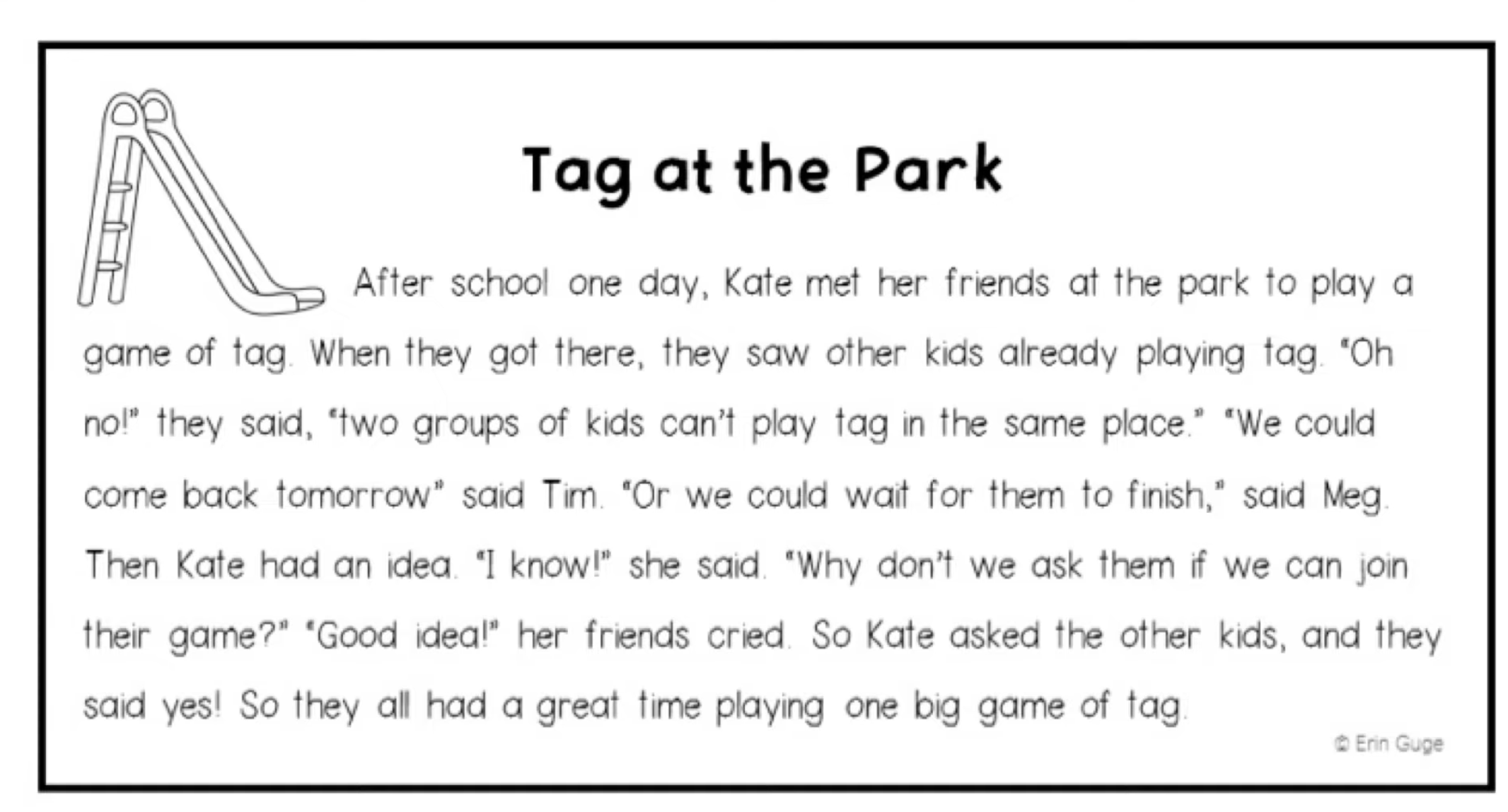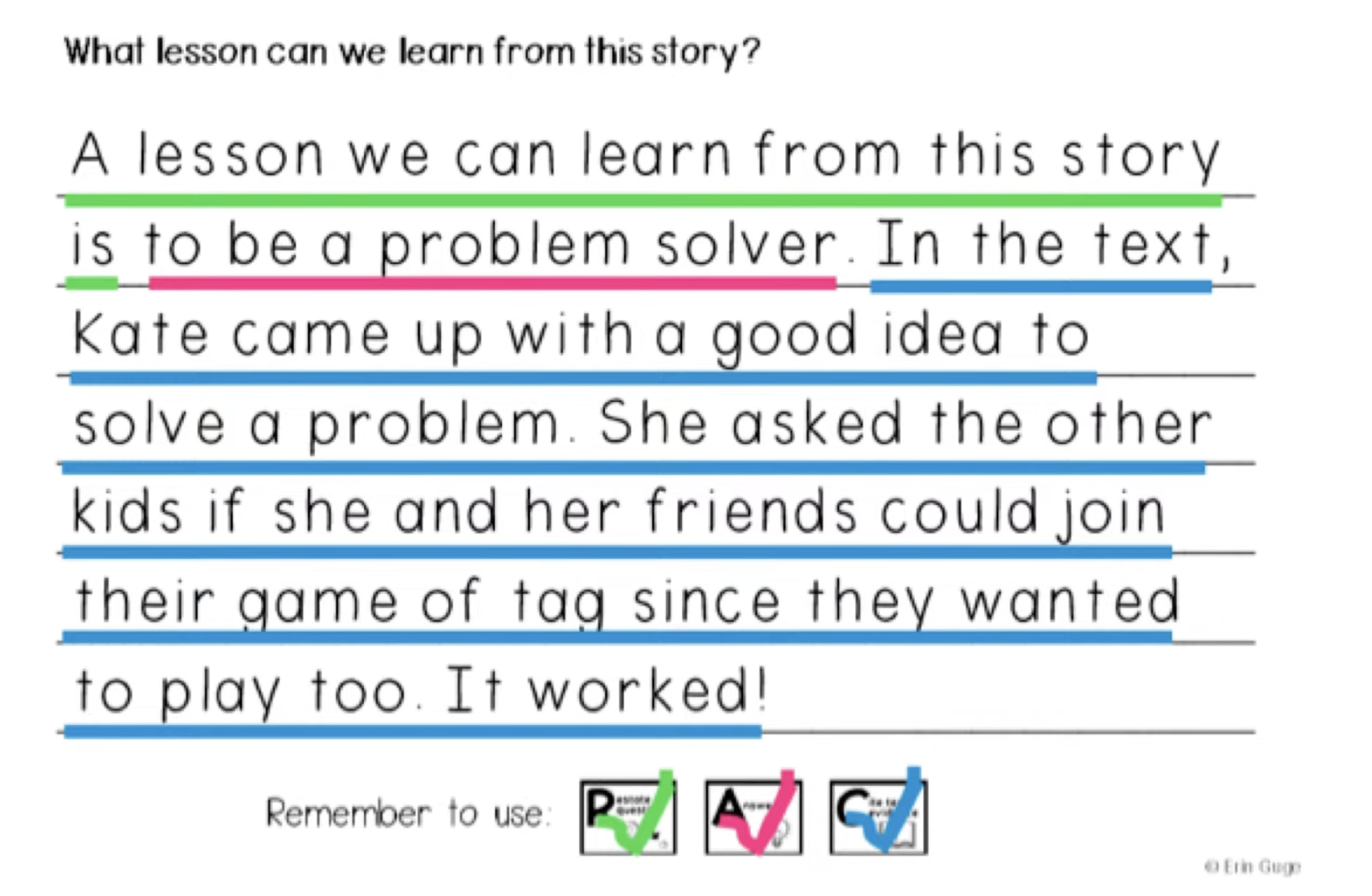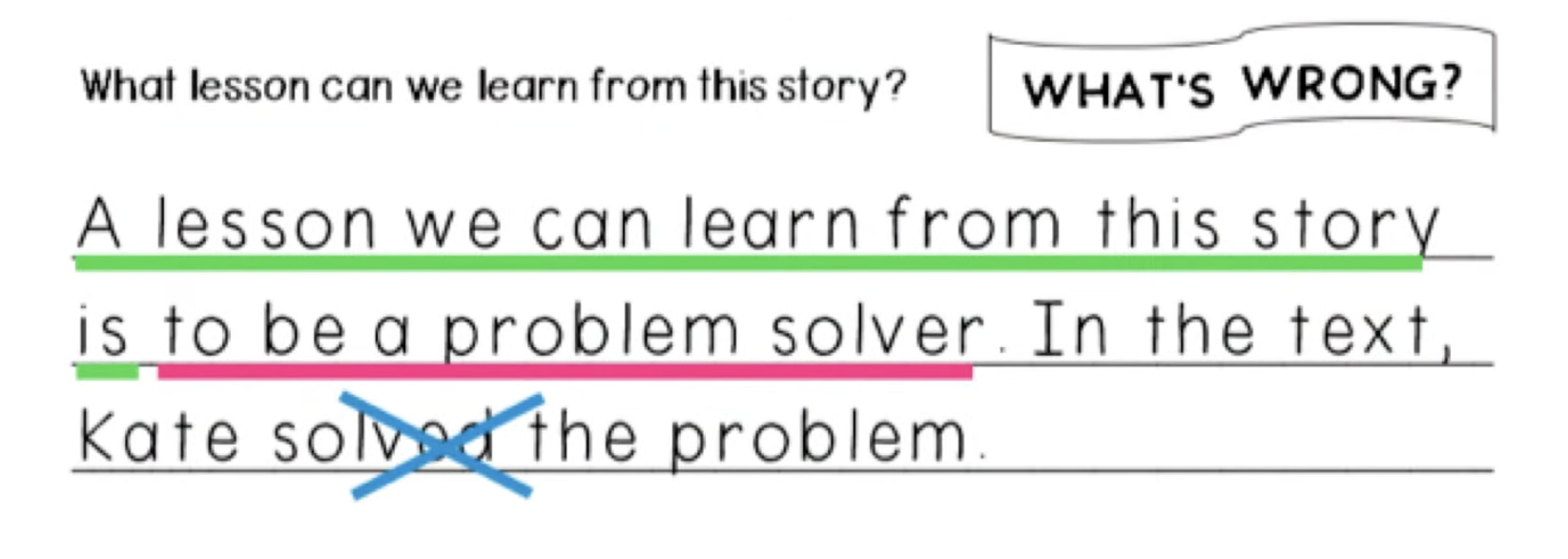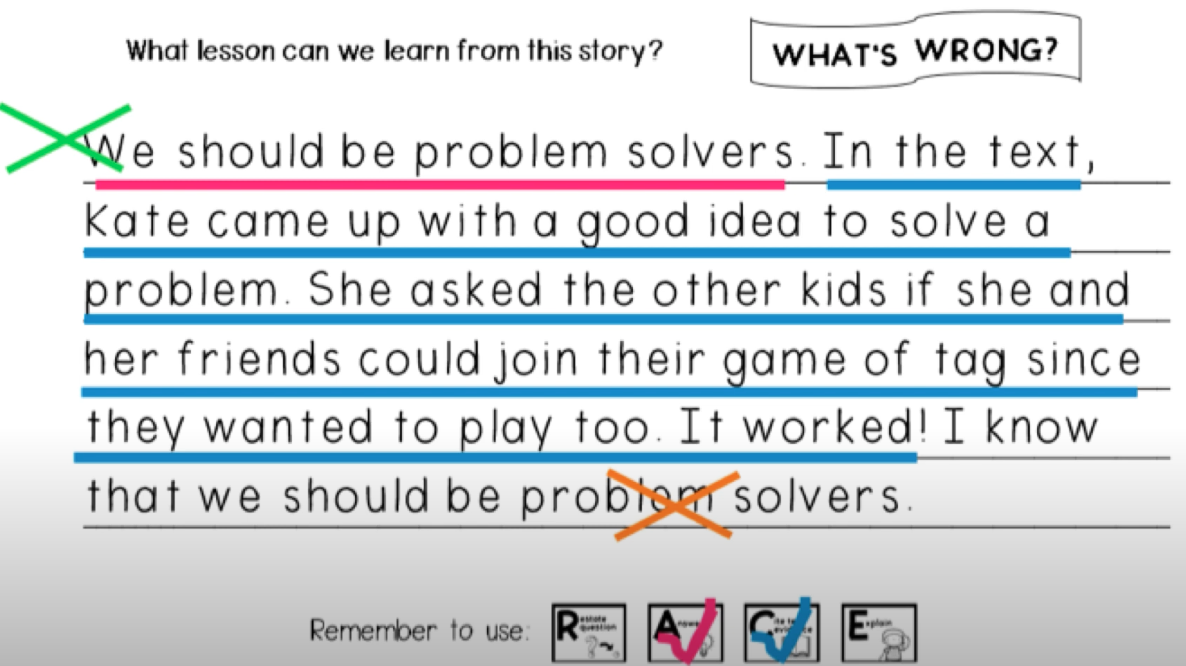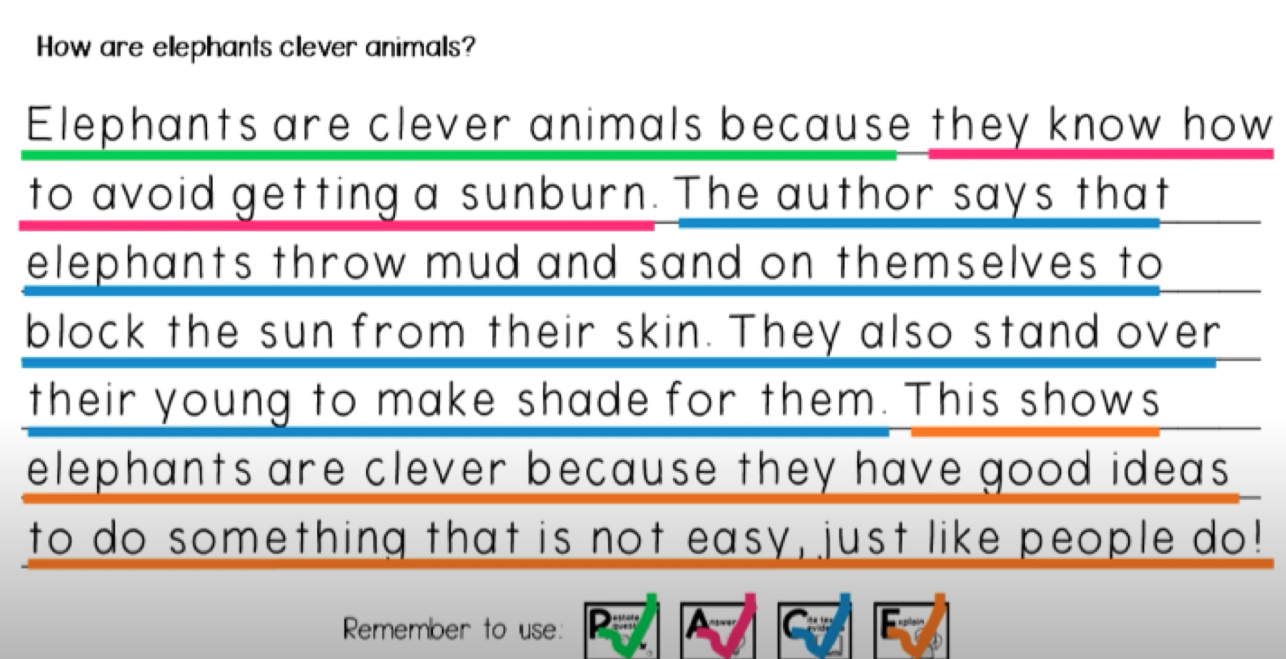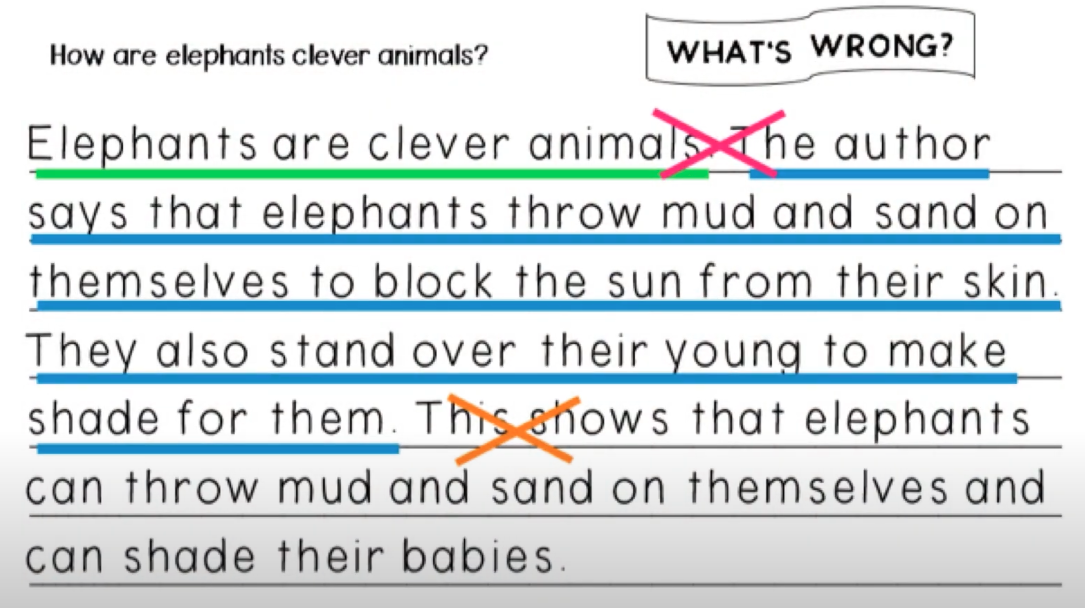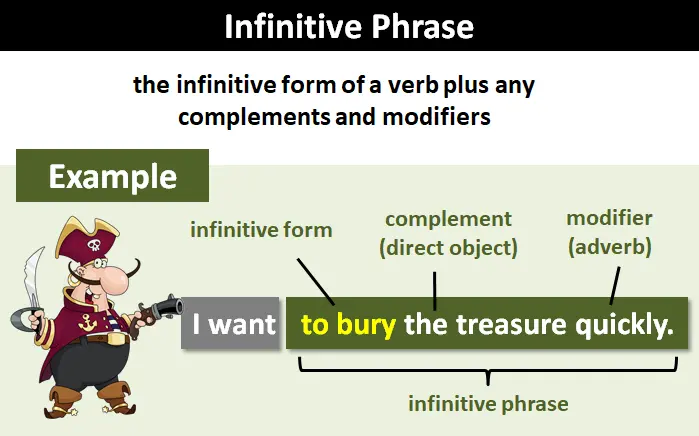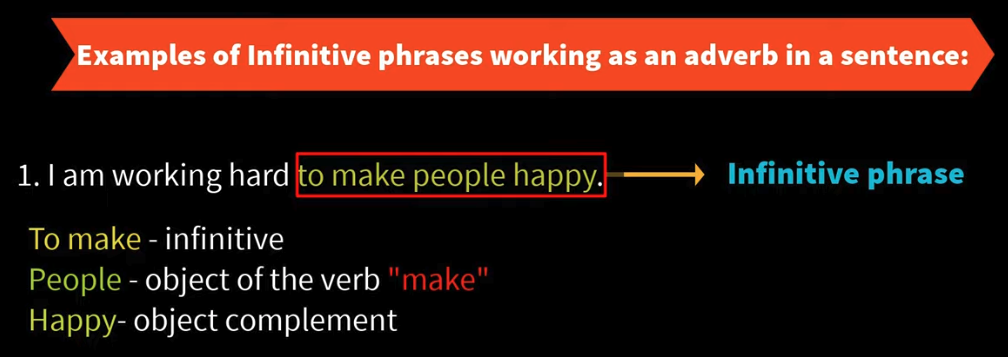Introduction
nouns (名词)
verbs (动词)
adjective (形容词)
adverbs (副词)
Lesson 1 – Action 行为
subject (主语)
object (宾语)
action verbs (行为动词)
transitive (及物动词)
Present Simple – subject verb agreement
Lesson 2 – intransitive verbs and prepositions (不及物动词和介词)
intransitive (不及物动词)
prepositions (不及物动词和介词)
Lesson 3 – Linking Verb (链接动词)
Linking Verb (链接动词 ‘识别’ is/am/are/was/were/will be)
Subject Complement (noun or adjective) (主语补语)
Lesson 4 – Sense verbs (感觉动词)
Sense Verb (look/smell/taste/seem/hear/become/feel)
Lesson 5 – Framework 句子结构 框架 1-2
1 Subject 主语 – Verb (action 行为/transitive 及物 动词) – Object (直接宾语
2 Subject (主语) – Verb (action 行为/intransitive 不及物 动词) – Preposition (介词) – Obj (宾语)
Lesson 6 – Framework 句子结构 框架 3-4
3 Subject – linking verb – subject complement (noun/adjective)
主词 – 连接动词 – 主词补语(名词/形容词)
4 Subject (主语) + linking verb (“is/am/are/was/were/will be”) (链接动词”识别”) +
Subject Complement (noun or adjective) (主语补语)
Lesson 7 – Adverbs 副词
How to use adverbs (帮助动词,帮助形容词,帮助别的副词)
Converting to adverbs (换到副词)
Different positions (副词的位子)
Lesson 8 – Adverb Phrases (副词短语)
Lesson 9 – Framework 句子结构 框架 5-6
5 Subject (主语) + verb (action 行为动词) + (optional可用/可不用: object 宾语) + adverbs (副词)
Emotion verbs (情绪动词)
6 Subject – action verb – adverb phrase (when, where, how, why)
主语-动作动词-副词短语(何时、何地、如何、为什么)
Lesson 10 – Infinitives 不定时动词
infinitive as the object 不定式动词作为宾语
infinitive as the adjective 不定式动词作为形容词
infinitive as the adverb (‘in order’ test) 不定式动词作为副词
Lesson 11 – Infinitive Phrases (不定式动词短语)
Stative verbs (静态动词)
– possession (拥有)
– mental (精神)
– emotion (情感 已完成)
– sense (感觉 已完成)
– measure and cost 测量和成本
Infinitive Phrases (不定式动词短语)
Lesson 12 – Framework 框架 7-9
7 Subject – emotion verb (prefer, want, love, like, hope) – [to verb] (as object)
主词 – 情感动词(偏爱、想要、爱、喜欢、希望)- [不定时动词 作为宾语]
8 Subject – (possession verb) [am/is/have/has] – object – [to verb] (as adjective)
主语-(占有动词)[am/is/had/has] – 宾语 – [不定式动词](作为形容词)
9 Subject – action verb – (object, optional) – [to verb] (as adverbs)
主词-动作动词-(宾语,可选)-[到动词](作为副词)
Lesson 11 – 发音
- le
- tle
- est
- me
- ve
- ed
- en
- ke
- oon
- rd
- cious
- sm
- ell
Lesson 12 – more stories (写更多的故事)
Precious the Snake.
Bill the horse.
Danny the dog.
Lesson 13
Past Simple – regular verbs vs irregular verbs
Present Perfect – Subject + [have/has] + [past participle]
Lesson 14
Add ‘ed’ to create an adjective
Past Perfect – Subj + had + [past participle]
Present Perfect vs Past Perfect
Lesson 15
Add ‘ing’ to create an adjective
Gerund vs present participle
Present Continuous – Subject + [am, is, are] + action verb [present participle]
Lesson 16
Present Perfect Continuous – Subject – [have/has] + [been] + [present participle]
Present Perfect vs Present Perfect Continuous
Lesson 17
Past Continuous – Subj + [was/were] + verb + ‘ing’
Past Perfect Continuous
Lesson 18
Future Simple
Future Perfect
Lesson 19
Future Continuous
Future Perfect Continuous
Lesson 20
Academic Writing
– Thesis
– Introduction and merge
– Body paragraphs and mini thesis
– Supporting quotes and creating examples
– Conclusion
Why is pronounciation last?
A simple sentence isn’t actually that simple. We need to form the subject, the verb, and the object, and any complements to make sure we tie up loose meanings. We also need to satisfy those mundane grammatical rules. Just in forming the sentence alone, there are least five things to worry about.
Then we need to make sure we pronounce each word correctly. Does the syllable sound ok? Are the vowels being pronounced correctly? Just in the sound alone, there are a few rules to remember and execute.
This is why pronunciation and the forming of english sentences are done later. There are too many prerequisites that need to be mastered. This is also a reason why so many english learners find spoken english to be so difficult outside of an English speaking envrionment. Because in order to form sentences that make sense, there is a myriad of tasks that needs to be done in a split second.
一个简单的句子其实并不简单。我们需要构成主语、动词和宾语,以及任何补语,以确保我们把松散的意思串联起来。我们还需要满足那些世俗的语法规则。光是造句,就至少有五件事需要操心。
然后,我们需要确保每个单词的发音正确。音节听起来可以吗?元音发音是否正确?光是发音,就有一些规则需要记住和执行。
这就是为什么发音和英语句子的形成要在后面进行。需要掌握的先决条件太多了。这也是许多英语学习者在英语环境之外发现英语口语如此困难的原因。因为要形成有意义的句子,需要在瞬间完成无数的任务。
For example:
A turtle lives in the forest.
Pronounciation:
A –> uh
turtle –> tur dol (le –> O sound: purp[le], sett[le], kett[le]…etc)
lives –> li vzz (vzz: hives, chives, dives…etc )
forest –> for rest (est: best, rest, test…etc)
Structure:
– Subject turtle
– intransitive verb lives
– preposition in
– object forest
– Subject verb agreement √
– quantifier ‘a’ denotes singular item √
– ‘the’ quantifier
